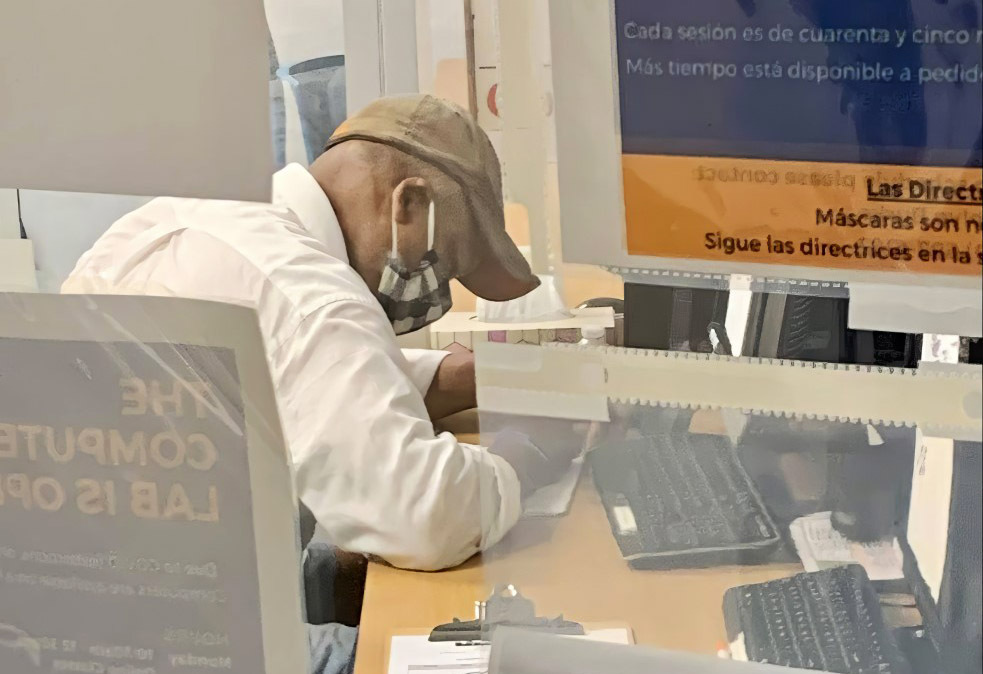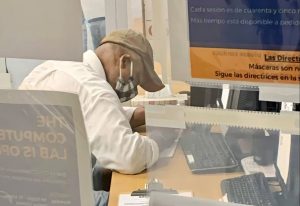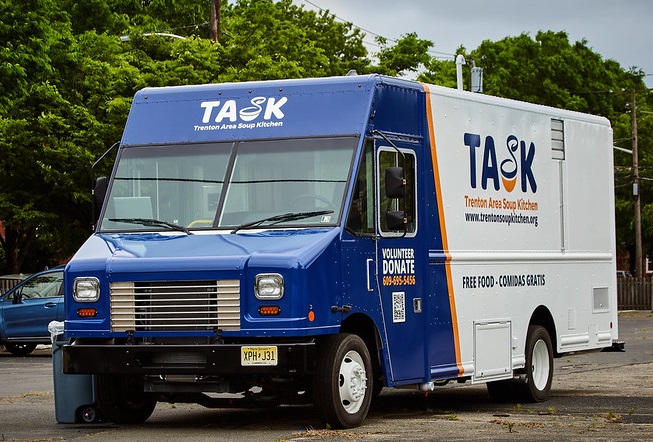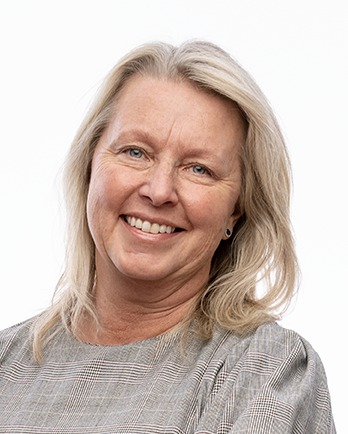News, Events & Stories
Removing Barriers to Employment
TASK's Job Search Program Is Powered by Partnership and Creativity

Ask Job Specialist Paulash Banerjee what success looks like for the TASK Job Search program, and he’ll have 100 different answers.
After all, triumph is subjective and the challenges are numerous. In a reality where patrons face barriers ranging from transportation to criminal records, Banerjee’s own definition of success has evolved over time.
Even so, the program that Banerjee helped to launch as an AmeriCorps intern at TASKin 2018, occasionally pitching in to help patrons with resumes, can now solidly take credit for adding nearly 150 workers to the employment rolls.
“By and large our patrons want steady, long-term employment just like anyone else, but there are those whose successes are not defined by the mainstream,” Banerjee says. “If they get a job and keep it for six months-and they feel they are successful, that counts for a lot.”
Whatever your interpretation of success, anyone can see the Job Search program has turned lives around. For a patron who came to the program after completing a drug rehabilitation program, success was earning a fork-lift certification, positioning him for a
promotion at UPS. For another hired at Amazon, it meant taking the initiative to get his driver’s license—a move that that later led to finding a new job with better pay. And for another, success was completing a course with The WorkWell Partnership, an
organization that helps TASK patrons receive job training to help them enter the workforce after incarceration.
The Job Search program is under the umbrella of the TASK Adult Education and WorkPreparedness (AEWP) program. In addition to helping patrons with everything from
resume writing to acing the job interview, the program staff has organized 38 hiring drives on-site at TASK over the last year and a half. That’s no small feat considering hiring managers at companies, including First Step Staffing and Crate & Barrel, had to
be convinced. “I had to break through a lot of misconceptions about what we do as a soup kitchen and even more misconceptions about who we serve,” Banerjee explained. “Once an employer gets to see how things operate here, they’re usually motivated to use TASK as a resource.”
The hiring drives have been very successful in helping patrons in the program to land jobs. Some of the region’s largest companies, including Amazon, UPS and McDonald’s, have hired TASK patrons.

Most patrons find jobs involving warehouse or machine operation work, while some land jobs in maintenance, food service and retail. Banerjee said that is shifting as more patrons are requesting office jobs. However, those jobs are harder to get,
requiring skill sets and other requirements many patrons lack. That’s where the education part of the AEWP program comes in to help patrons acquire skills, such as typing and basic computer navigation, to help make them more marketable. When they’re ready, patrons work with the work preparedness program to help find and secure employment. Banerjee’s work often includes helping to pilot patrons through more daunting barriers, and collaboration is the name of the game. For folks with a prior incarceration, Banerjee works with organizations like Central Jersey Legal Services (CJSL) to help patrons
eligible for record expungement. Other job search partners include:
- The Workwell Partnership, a soft skills training company that helps the formerly incarcerated get work ready.
- Volunteers of America, which provides patrons with job referrals and transportation to hiring drives at TASK.
- The Greater Mercer Transit Management Association, a public-private agency that shares information on how to use public transportation-a helpful tool since many jobs have relocated to suburban areas with limited bus service.
Banerjee identifies transportation as a critical challenge. TASK primarily serves low-income communities where lack of reliable transportation is a common barrier to getting and keeping a job and landing higher-paying work. In the past year, Banerjee has helped employers like UPS come up with a creative solution—the company now sponsors a shuttle bus that carries patrons between Escher Street and its Cranbury facility. Each day, nearly 15-20 TASK patrons ride the bus to and from work, a model that has proven to be successful for everyone involved.
Despite the program’s many success stories, Banerjee is always thinking about the next steps required to ensure that patrons are getting what they need.
“We want to make sure people are making enough money, *and are able to get to work and get there on time,” Banerjee says. “Most of all, we want to make sure they are in the best jobs, that they want, because that means they’ll stick with it.”



